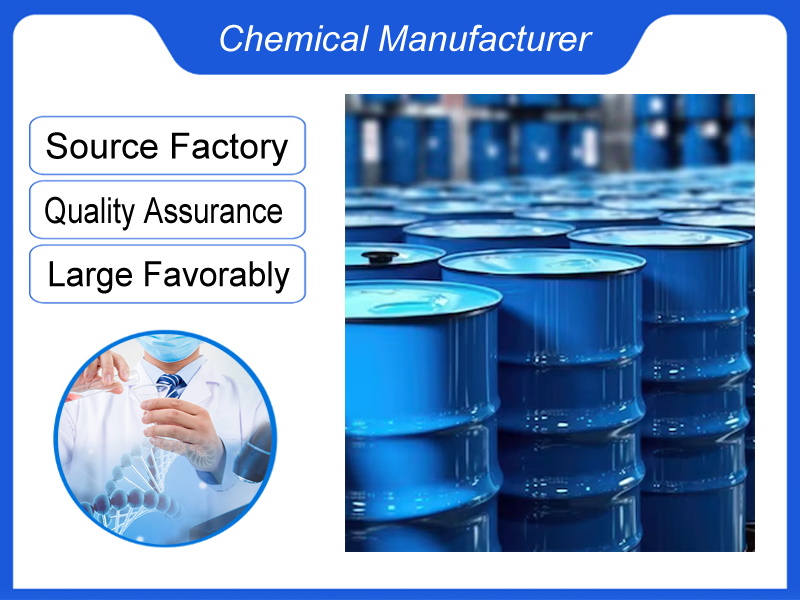
1,4-Dichloro-2-butene
We are a manufacturer based in China. We specialize in providing high-quality 1,4-Dichloro-2-butene for industrial clients across various sectors. Whether you need chemicals consultation or technical support, our team is here to help.
Category:Pharmaceutical Materials Own Brand:MT /MOQ:100KG /From China/ B2B only.
Introduction
CAS Number: 764-41-0
Molecular Formula: C4H6Cl2
Molecular Weight: 124.996 g/mol
Appearance: Colorless liquid
Boiling Point: 155.5°C at 760 mmHg
Density: 1.1±0.1 g/cm3
Refractive Index: 1.459
| Category | Details |
|---|---|
| Basic Information | |
| Chemical Name | 1.4-Dichloro-2-butene |
| CAS Number | 764-41-0 |
| EINECS Number | 203-779-7 |
| Molecular Formula | C4H6Cl2 |
| Molecular Weight | 124.996 g/mol |
| Synonyms | 1.4-Dichloro-2-butene (cis+trans); TRANS-1.4-DICHLORO-2-BUTENE; 1.4-Dichloro-2-butene (Mixture of Cis and Trans); Dichlorobutene; etc. |
| Physical Properties | |
| Appearance | Colorless transparent liquid with a special odor |
| Melting Point | 1-3 °C |
| Boiling Point | 74-76 °C (40 mmHg) |
| Density | 1.183 g/cm³ |
| Refractive Index | 1.488 (20°C) |
| Solubility | Insoluble in water, miscible with ethanol, benzene, carbon tetrachloride |
| Chemical Properties | |
| Stability | Stable at normal temperatures and pressures, but flammable |
| Reactivity | Reacts with oxidants and acids |
| Safety Information | |
| Risk Phrases | R10: Flammable; R21: Harmful in contact with skin; R25: Toxic if swallowed; R34: Causes burns; R50/53: Very toxic to aquatic organisms, may cause long-term adverse effects in the aquatic environment |
| Safety Phrases | S23: Do not breathe gas/fumes/vapour/spray; S26: In case of contact with eyes, rinse immediately with plenty of water and seek medical advice; S36/37/39: Wear suitable protective clothing, gloves, and eye/face protection; S45: In case of accident or if you feel unwell, seek medical advice immediately (show the label whenever possible); S53: Avoid exposure – obtain special instructions before use; S60: This material and its container must be disposed of as hazardous waste; S61: Avoid release to the environment. Refer to special instructions/safety data sheets. |
| Applications | Used as an intermediate in organic synthesis, in the production of pesticides and pharmaceuticals, and as a solvent in certain chemical reactions. |
Disclaimer: The above content is for reference and communication only among industry insiders, and does not guarantee its accuracy or completeness. According to relevant laws and regulations and the regulations of this website, units or individuals who purchase related items should obtain valid qualifications and qualification conditions.
If you're ready to take the next step, Leave your message below and we’ll reply soon. 20+ years of chemical manufacturing & export experience, a partner you can trust.





